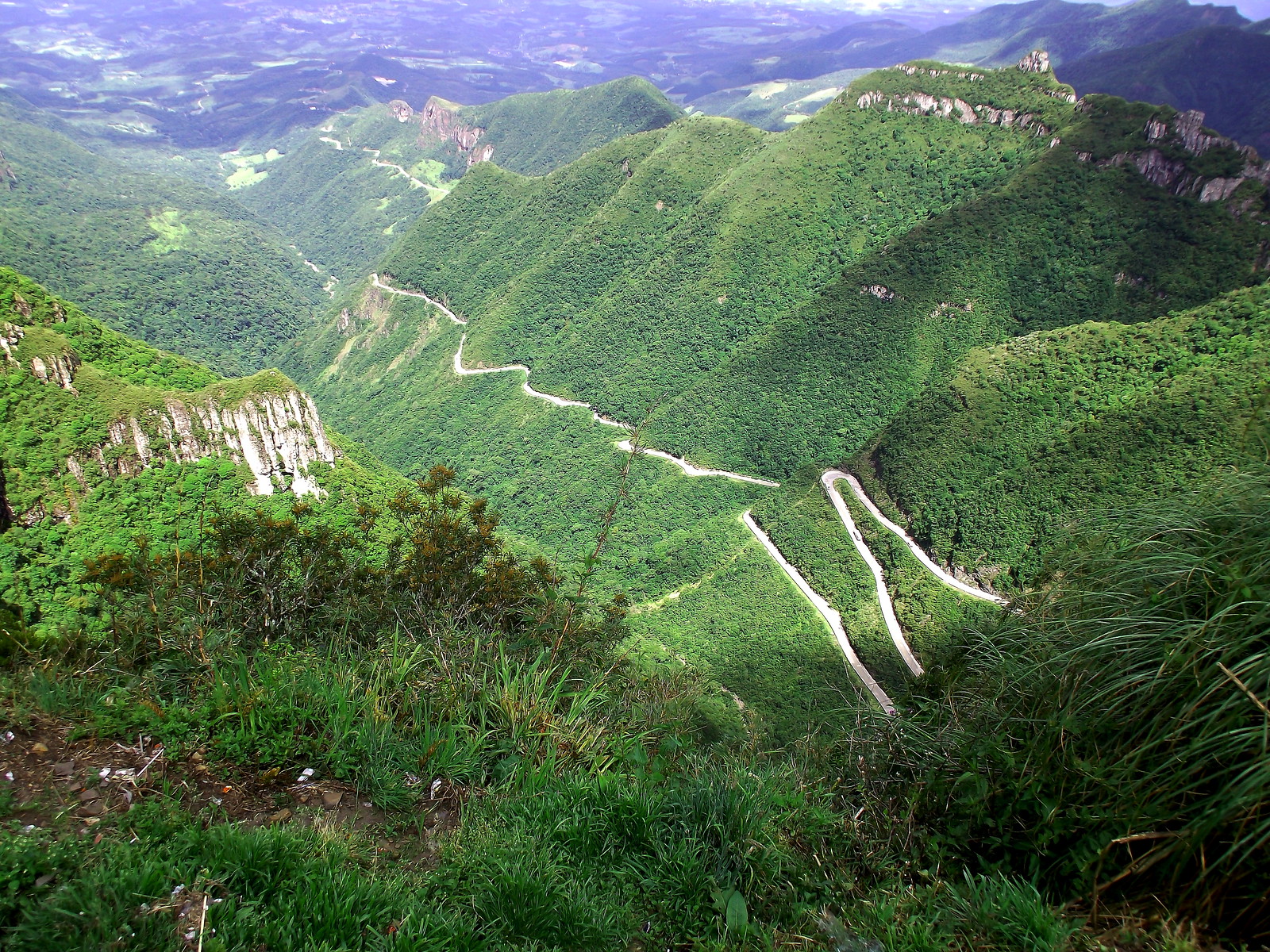Should Indigenous land rights be limited to where someone lived on October 5th, 1988? Brazil’s high court says no, and we all win.
In a world becoming “unhinged” by our collective inability to unite and meet such existential challenges as AI, intractable geopolitical conflicts and climate instability, the Supreme Federal Court of Brazil handed down a rare and important victory for Indigenous land rights, and, indeed, for people everywhere.
Last Thursday, Indigenous people who traveled from across Brazil to await the decision burst into tears of joy as the decisive vote was cast. The suit, which had been brought by Santa Caterina, a Brazilian state, and was backed by tobacco farmers and the country’s large agribusiness industry, sought to block the Xokleng people, an Indigenous group, from claiming a larger portion of territory as their own.
At the heart of the case is a Brazilian legal theory called marco temporal, or “time marker,” also called the “time limit trick.” According to Brazil’s Constitution, original territorial rights of Indigenous people are to be honored. However, in 2007, opponents of Indigenous land rights set October 5th, 1988, the day that the current Constitution was signed, as the day that those groups must have been physically occupying the land they claim as territory, or at least have been legally fighting for the right to occupy the land in question. If they weren’t, according to marco temporal, they have no claim.
Prior to the ratification of the current Constitution, however, Brazil had been subject to over twenty years of military rule, following a 1964 coup that deposed a democratically elected leftist government headed by President Joao Goulart. The US-backed coup installed a repressive regime which suspended habeas corpus for political offenses, ramped up censorship, disbanded Congress, tortured and killed dissenters, but at least it was less friendly to communism and one must have a sense of priorities. It was also less friendly to Indigenous land rights, and during the years that the junta was in power, Brazil’s Indigenous population experienced forced expulsion from their traditional territories.

Counting those forced relocations as abandonment of ancestral land is key to the concept of marco temporal, as it allows agricultural, mining, and industrial interests to easily take control of territory which, morally speaking, ought to belong to Indigenous people. The two judges who voted against Indigenous land rights in the Santa Catarina case were appointed by former President Jair Bolsonaro, who emphatically supported the assimilation of Indigenous people into the mainstream Brazilian culture and economy rather than protecting ancestral land. Then again, Bolsonaro, known as “Brazil’s Trump,” also reinstated celebrations honoring the anniversary of the 1964 coup and the military dictatorship that followed.
Thursday’s victory is magnified by the Supreme Federal Court granting the decision “general repercussion” status. Although the specific ruling covers only one state and one Indigenous group, general repercussion status expands it into a much more encompassing precedent that will be considered in all instances of Indigenous groups seeking demarcation and protection of tribal land.
That will be important during consideration of Brazil’s upcoming Bill 490. The legislation, supported by agricultural interests, would codify marco temporal into Brazilian law, and is part of a suite of legislation unfriendly to Indigenous land rights and groups. In May, Bill 490 passed through Brazil’s lower house of Congress by a vote of 283 to 155 and is expected to be taken up by the Brazilian Senate this week. Both houses of Congress are majority controlled by Bolsonaro’s party, but the recent court decision’s special status gives President Lula da Silva, who is friendlier to Indigenous interests, grounds to veto the bill.
Deforestation of 20-25% of the Amazon rainforest is considered the tipping point that would doom the whole rainforest ecosystem, causing it to revert to dry savanna. Preserving the Amazon is critical for staying under 1.5°C rise, and therefore preserving what we can of a stable global climate. During Bolsonaro’s term, his refusal to enforce conservation, coupled with deforestation from extractive agricultural, mining, grazing and lumber industries as well as uncontrolled wildfires brought the Amazon to the brink. In 2021, an estimated 17% of the forest was already gone. Keeping as much of it in Indigenous hands as possible is crucial not only to the wellbeing of Brazil’s tribal groups, but for all of us.
Brazil’s Indigenous people aren’t out of the woods yet. At the time of writing, two of the high court’s judges had not yet voted. The final ruling, which won’t be released until the voting is complete, could impose unfavorable conditions on the result. There will likely be ongoing political and economic pressure to continue stealing Indigenous land for profit, since money and might often speak louder than marginalized people. Yet, this victory is a welcome turn of events in a time when such changes are sorely needed, and the confirmation of Indigenous rights brings hope for similar struggles around the world. After all, land is how we live.
Related: Thanksgiving, COP(out)27 and Land Back


Join the conversation!